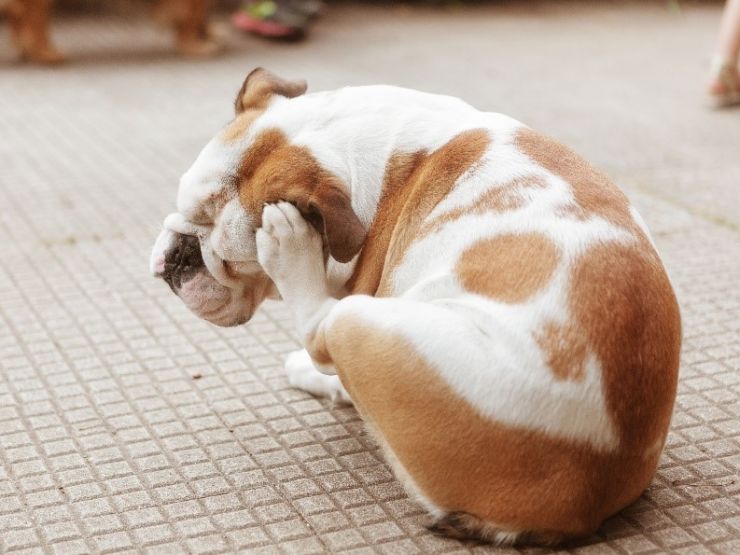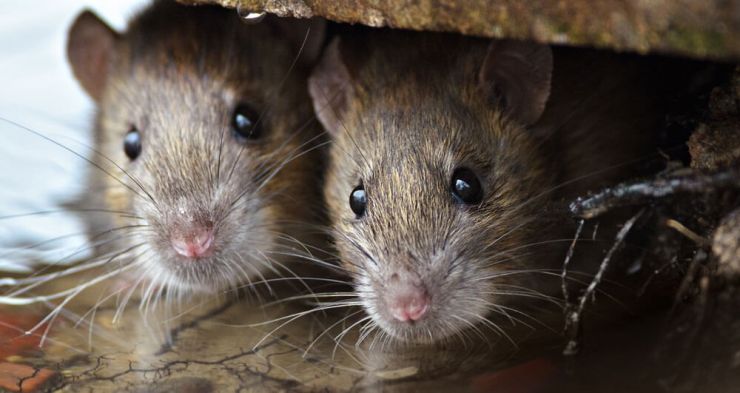How to get rid of fleas
14 Aug. 2020Just the mention of fleas is enough to make your skin crawl!
Fleas are very small, flat bodied insects that feed on blood. Their size and their ability to jump make them a very difficult pest to catch.
Fleas tend to become an issue when their preferred food source is not available and they tend to occur after the death of a pet or when people move into premises where a dog or cat has previously lived. They have an interesting adaptation where they can reach their adult form but delay hatching from their pupal case for several months if there is no mammals around to bite. That can happen when a rental property is vacated for a while. When new tenants move in, the flea’s sense vibrations and complete their final hatching in just a few minutes, suddenly erupting en masse from carpets and biting people and pets.
Fleabites are very itchy, and the skin around each bite may become sore or painful. Scratching the bites can damage the skin and potentially cause a bacterial infection.
In history rodents went under the spotlight as one of the causes for the spread of the Bubonic plague in the mid-1300s, which resulted in an estimated 75,000,000 - 200,000,000 deaths around the world. However it more recent years it is now believed that fleas were more to blame for the transmission of the disease. As rodents died from the plague in increased numbers, the fleas abandoned their rodent hosts to find other food sources, such as humans.
So it’s easy to see why fleas are known as a pest and why many homeowners will do what they can to eradicate them.
How to rid your home of fleas
When it comes to fleas calling a pest control professional really is the best way to quickly & successfully deal with them.
Flea treatment can be interior, exterior or both, usually with a surface spray of pyrethroids and insect growth regulators. Light sprays are used inside on carpets and heavier sprays outside on soil, especially areas of soil where dogs normally rest.
You will need to be out of the house for a few hours if a treatment is done inside.
Ongoing flea prevention
Once the fleas have been eradicated from your home there are a few things you can do to help prevent them from returning.
Vacuuming
Vacuum carpet areas around home regularly and dispose of contents quickly. Don’t forget low traffic areas such as underneath furniture. If you are concerned you have fleas then the content from the vacuum should be incinerated or treated with pesticides.

Pets
Make sure your pets are keep up to date with their flea treatments. If you’re unsure on what treatment is best to use on your pet speak to your veterinarian. Also make sure bedding is washed regularly.

Rodent Control
Rodents make great hosts for fleas so making sure you keep mice and rats out of your home will help with reducing the risk of getting fleas. For help with rodent control visit our ‘Rodent prevention hints and tips’.

If you need help ridding you home of fleas give Termico Pest Management a call on 08 9443 9451.

Did you know that Termico Pest Management is the RAC's only pest control partner?
Book with Termico today and save 15% across Termico's range of pest treatments and services.





